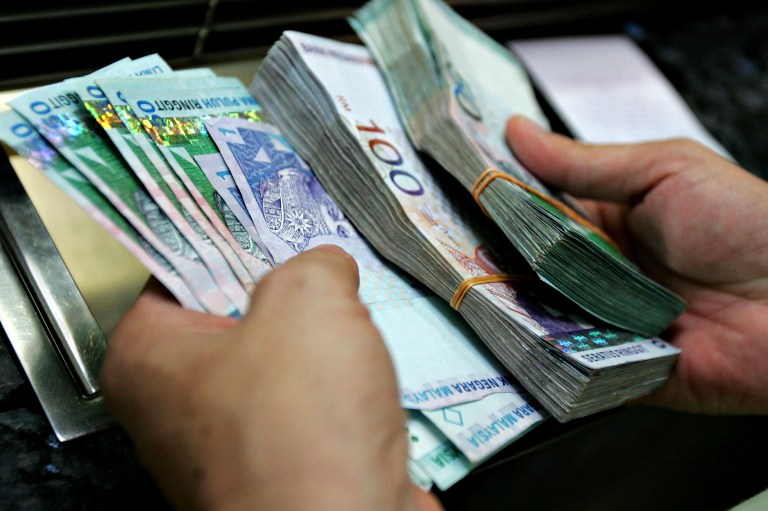WITH the ringgit hitting new low following the weakening of yuan, the Finance Ministry (MOF) said that authorities will continue to monitor the situation and there was no need raise alarm.
“The MOF and Bank Negara Malaysia (BNM) will continue to monitor both financial and non-financial risks of the situation to our economy.
“BNM will also contribute to the smooth operation of the domestic foreign exchange market by always ensuring adequate liquidity and ensure businesses will be able to plan and execute both trade and investment transactions with confidence,” it said in a statement.
Yesterday, The Star reported that the ringgit depreciated against the US dollar in its lowest since the past two years, at RM4.29 against the greenback.
The depreciation, while triggered by the weakening in Renminbi, was also caused by other factors such as the US dollar strengthening.
The US Dollar Index yesterday was at near its two-year high at 99.95 at press time.
Elaborating the situation, MOF said the US Federal Reserve (US Fed) has signalled that it would tighten its monetary policy soon as inflation has skyrocketed at their highest levels in four decades.
“And due to Malaysia’s open economy and market-determined exchange rate, fluctuations in the ringgit are influenced by both global and domestic factors. Changes in investor sentiment, the path of pandemic recovery and policy normalisation in advanced economies also affected the situation.
“Nevertheless, the ringgit’s depreciation is not unique as there are general weakening of major and regional currencies. The prospect of a more aggressive monetary tightening by the US Fed, with a 50-basis point rate hike expected in May, as well as the overall weakening of currencies in the region, are some of the factors that have influenced the recent movement in the ringgit,” it added.
Ringgit’s flexibility a boon
MOF noted that it was especially true when it came to the weakening of the yuan, which is positively correlated to the ringgit as China is one of Malaysia’s largest trading partners.
“Regardless, the ringgit’s activity in the market remains robust. Year to date, average daily onshore foreign exchange trading volume has been US$12.6 bil, compared to US$11.3 bil in 2021, with 3.9% average volatility (2021 average: 4.6%).
“And the ringgit’s flexibility will continue to benefit the Malaysian economy by facilitating appropriate external sector adjustments and cushion the domestic economy from adverse global shocks,” it quipped. – April 23, 2022










